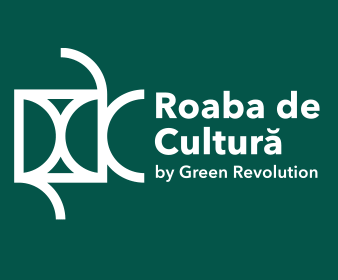Greenpeace today released the sixth edition of its "Guide to Greener Electronics", that has been expanded to include televisions and computer games. The guide ranks consumer electronic companies based on
the removal of toxic chemicals from their products and company recycling initiatives. Market leaders Microsoft, Nintendo, Philips and Sharp enter at the bottom of the ranking of environmental performance with Nintendo
being the first company to score zero out of a possible 10 points.
Philips and Microsoft performed little better, scoring only 2 and 2.7, respectively.
The global computer games sector shipped 62.7 million units in 2006. Growth of 14.9 percent in 2006 made it one of the fastest developing sectors in the field of electronic products. The low scores from leading manufacturers Nintendo and Microsoft reveal that they have a long way to go to improve their environmental policies and practices.
"While it’s encouraging to see Sharp and Microsoft providing timelines for the complete elimination of vinyl plastic (PVC) and all brominated flame retardants (BFRs) across their entire product range, makers of TVs
and computer games have a long way to go," said Iza Kruszewska, toxics campaigner at Greenpeace International.
The new edition of the quarterly guide shows important changes at the top of the ranking. Sony Ericsson has taken over the top spot from Nokia while Samsung and Sony have surged ahead to occupy second and third
positions.
However, Nokia, Motorola and Sony Ericsson each received penalty points for not fully honoring their own recycling take-back policies in the Philippines, Thailand, Argentina, Russia and India. As a result, Nokia
falls from top position to ninth and Motorola drops from ninth position to fourteenth. Greenpeace tested implementation of product take-back programs in the United States, the Philippines, Thailand, Russia,
Argentina and India.
"Companies shouldn’t be under any illusions that Greenpeace won’t check up on their claims of green greatness," warned Kruszewska.
Apple, Panasonic, Samsung, Sharp, Sony and Toshiba have recently indicated that they now produce personal computers, lighting LCD panels, camcorders and digital cameras – or at least major components of these
items – free of PVC and/or BFRs.
Firms that have improved their ranking in the Greenpeace guide are those whose entire products, or major components of products, are entirely free of specified hazardous ingredients. Companies that simply commit to eliminating harmful chemicals sometime in the future achieve a lower score.
"To achieve higher rankings, companies really need to walk the talk instead of making vague commitments to future progress," said Rick Hind, Legislative Director of the Greenpeace toxics campaign in the U.S.
"Environmental leadership and innovation are evident as companies put products on the market free of hazardous chemicals and institute recycling take-back programs which are actually operational," said Hind.



